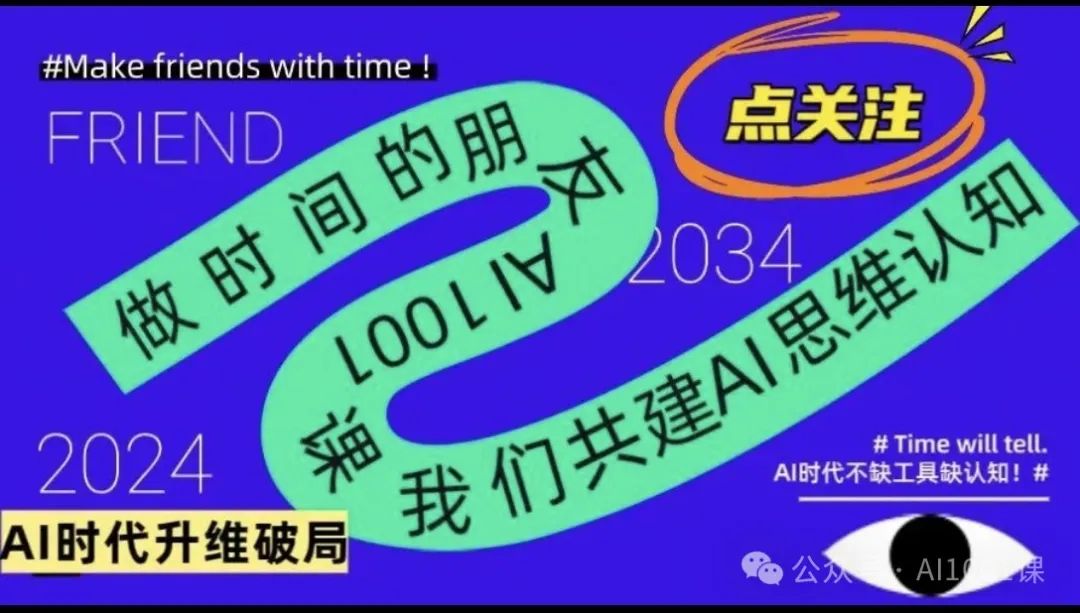
1. The Dilemma of Exam-Oriented Education: The “Curse” We Can’t Break for Decades “Children suffer, parents go crazy, and the whole society is in chaos.” How many families does this statement resonate with? Since the resumption of the college entrance examination in the 1980s, exam-oriented education has weighed heavily on students and parents.
The government advocates for “quality education,” and schools shout for “reducing burdens,” but ultimately, they cannot escape the vicious cycle of “scores determining life.” Professor Kang Jian from Beijing Normal University pointed out sharply: “The essence of exam-oriented education is cramming knowledge and filtering through exams, but with the arrival of the AI era, this logic has completely collapsed!” When ChatGPT can instantly answer college entrance exam questions, and AI can automatically generate papers, we suddenly realize: the children who used to cram for exams may not be able to compete with a machine in the future.
2. The Disruptive Insight of AI: Knowledge is Not Valuable, Abilities are Scarce Why can AI “overthrow” exam-oriented education? Because it has made the acquisition of knowledge barrier-free. In the past, memorizing formulas and dates were considered “hard skills”; now, these are all “useless efforts.” The real educational crisis has arrived: what should our children learn? Professor Kang mentioned a key turning point: in the 1980s, the American “P21 Partnership for 21st Century Skills” had already predicted the four core competencies (4C) for the future:
1. Communication: The ability to express across languages and cultures;
2. Collaboration: The ability to create value within a team;
3. Critical Thinking: The ability to think independently and question authority;
4. Creativity: The ability to solve problems by breaking conventions. These four abilities have been validated in the AI era as “the last moat for humanity”—no matter how strong machines become, they cannot replace human empathy, collaboration, and innovation.
3. The Key to Breaking the Dilemma of Chinese Education: The Awakening of the Fifth C (Culture) In 2017, after in-depth discussions with P21 experts, Professor Kang’s team discovered a fatal blind spot in the Western 4C model: the lack of cultural values. In today’s world of escalating globalization conflicts (such as the US-China rivalry and cultural opposition), the fifth competency emerges—5. Cultural Understanding:
– It is not simply “patriotic education,” but the ability to understand diverse cultures and respect differences;
– It is not about working in isolation, but the ability to connect Chinese cultural heritage with global rules. “The opposite case of Trump tells us: a lack of cultural inclusivity will only lead to world division.” Professor Kang’s statement provokes deep reflection.
4. The Five C Principles: The “Educational Code” to Avoid Obsolescence in the Next 20 Years The Beijing Normal University team has spent two years developing the “Five C Core Competency Report,” which localizes the “4C+1C” system. Its core idea is:
– Knowledge can be acquired quickly, but competencies must be cultivated deeply.
– Exams filter for “memory,” while the Five C’s cultivate “adaptability.” Why can the Five C’s alleviate educational anxiety?
– As AI takes over repetitive tasks, communication and collaboration enable children to become “organizers”;
– As information explodes and truth becomes hard to discern, critical thinking allows children to reject “following the crowd”;
– As technology accelerates, creativity keeps children one step ahead;
– As global conflicts persist, cultural understanding enables children to become “global citizens.”
5. Action Recommendations: Reshape Children’s Learning Direction Starting Now 1. Less focus on rote memorization, more on debate: Encourage children to question viewpoints during family discussions;
2. Interdisciplinary project-based learning: Replace solitary work with group tasks;
3. Exposure to diverse cultures: Expand horizons through documentaries and international pen pals;
4. Allow “useless” exploration: Engage in non-utilitarian learning in arts, philosophy, etc., to nurture creativity. Professor Kang’s warning: “The signal that the future has arrived is that parents are starting to pay for ‘things machines cannot do.’ If you are still worried about your child scoring 5 points less in math, you may have already lost at the starting line.”
The ultimate goal of education is to cultivate “living individuals.” The harsh truth of the AI era is: **those who are merely tools will be eliminated, while those who live with ‘humanity’ will always be scarce.** The value of the Five C principles lies in returning to the essence of education—not producing “standard parts,” but awakening the vitality of each child. “The rejuvenation of the Chinese nation must start with winning in education.” This statement concerns not only the fate of the country but also the choices of every family. Is your child ready for the next technological revolution?